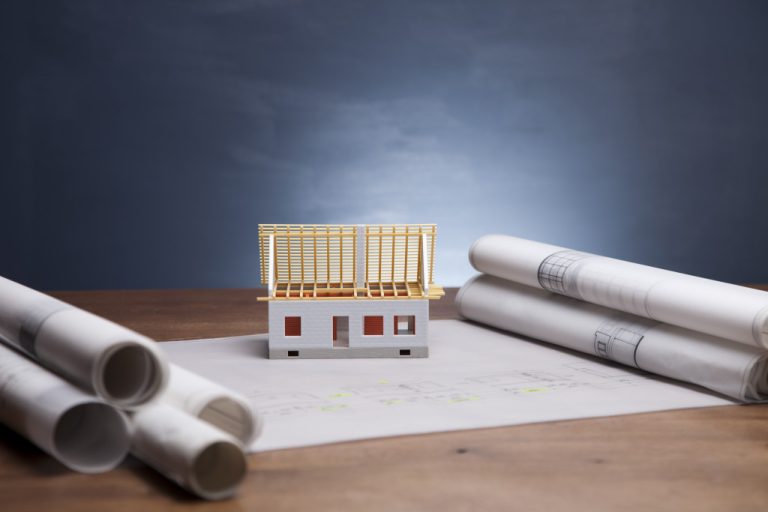Budget planning is essential to the success of any construction business. By being proactive and planning for potential problems, a construction company can avoid costly mistakes and maintain a healthy bottom line.
In this article, we will look at the costs to consider when building a construction business’s budget.
Make a list of all the expenses that will be incurred and how they will be paid for.
There are many different factors to consider when planning the budget for a construction business, from the cost of materials and equipment to labor costs and marketing expenses. It is important to plan carefully and allocate funds appropriately so that the business can thrive and grow.
Calculate the cost of materials and equipment.
It is important to calculate the cost of materials and equipment accurately, as this will have a major impact on the overall budget for the business. If the cost of materials is underestimated, there may not be enough money left to cover other expenses, such as labor costs. It is also important to make sure that the business has enough money to purchase the necessary equipment.
For instance, if your construction company focuses on large infrastructures, you will need to purchase heavy construction equipment. Take this into account when calculating your costs so you can avoid going over budget.
Calculate the cost of labor and necessary insurance.
Labor costs are a significant expense in a construction business. In order to avoid having too little money left at the end of each month, consider the salaries that need to be paid to employees, taking into account any benefits that may be required.
Health insurance is usually the most expensive benefit to provide for employees, but it is also one of the most important, so do not neglect to include it in your budget. You should also take into account any possible overtime, which workers may demand if deadlines are tight and projects need to be completed quickly.
Calculate any maintenance costs you expect to incur.

Construction businesses regularly incur maintenance costs, such as repairs and general upkeep. Make sure that you have enough money in your budget to cover these expenses so that the business is not forced into debt because of unexpected costs. If you do not take care of the needed maintenance and the equipment becomes damaged, this will also impact productivity and your company’s bottom line. For this reason, as well as the safety implications of damaged equipment, it is important to include maintenance costs in your budget.
Calculate marketing expenses and other miscellaneous costs.
Marketing expenses are those which help you market or promote your business to potential clients or customers. These can include advertising campaigns, flyers, brochures, and website design. You should also include any other miscellaneous expenses in your budget so you can be prepared for anything that comes up.
Calculate how much money will be left at the end of every month, after all the expenses have been paid.
Once you have calculated your costs, take an estimate of how many clients or customers you expect to have and use this as a basis for counting how much money will be leftover at the end of every month.
Plan for unforeseen expenses.
In addition to the expenses listed above, it is important to have a plan for unforeseen expenses. These are costs that may not be in your plans or within your budget but will still need to be paid for. This may include repairs or replacements that are needed unexpectedly or costs associated with legal disputes or other unexpected events.
It is important to have a cushion in your budget to cover these types of expenses so that they do not impact the business’s bottom line. If you do not plan for unforeseen expenses, they can easily throw your budget off track and cause financial problems for the business.
Track spending carefully and make changes where necessary.
It is important to track spending carefully and make changes where necessary in order to stay within budget. If expenses exceed the amount that has been allocated, this can quickly put the business in financial trouble. It is also important to be flexible with the budget and to be prepared to make changes as needed. For instance, if the cost of materials increases unexpectedly, the budget may need to be adjusted to cover this.
The most important thing is to be proactive and plan for potential problems before they occur. This will help ensure that the construction business remains profitable and successful.
In conclusion, proper budget planning is essential to the success of a construction business. Without a proper budget, a construction company could quickly run into financial trouble. By carefully allocating funds for the different kinds of expenses that will be incurred, a company’s finances can remain stable and healthy, avoiding many problems before they start.











